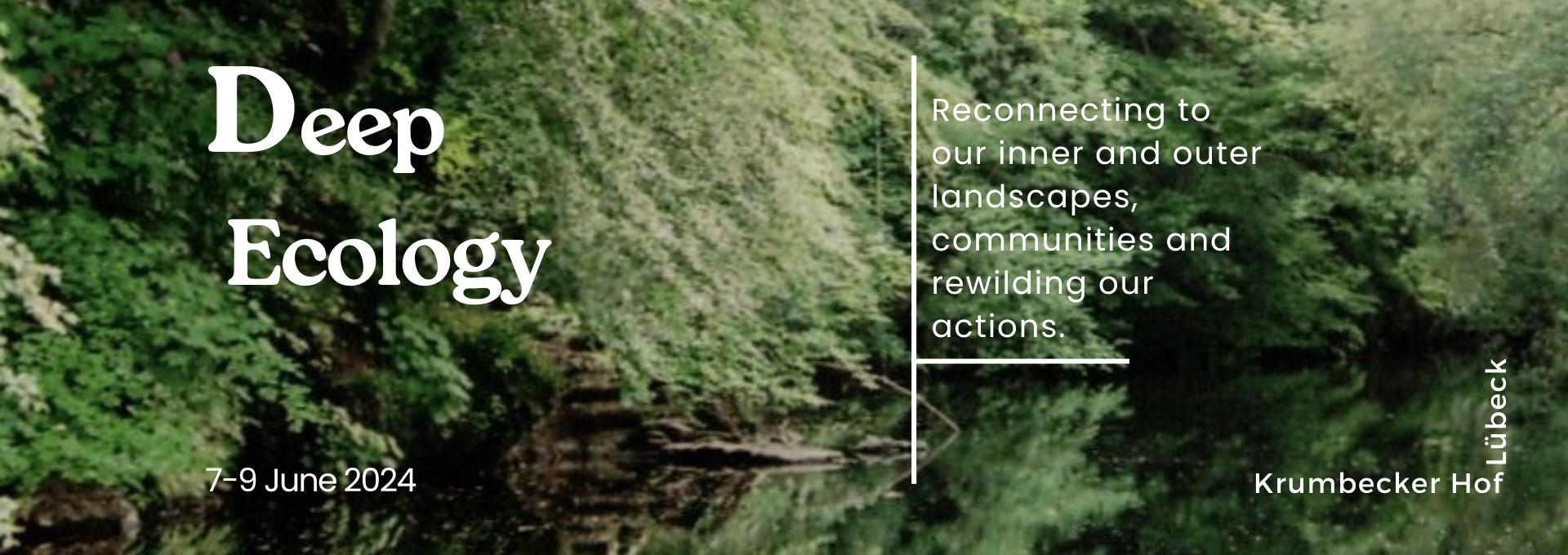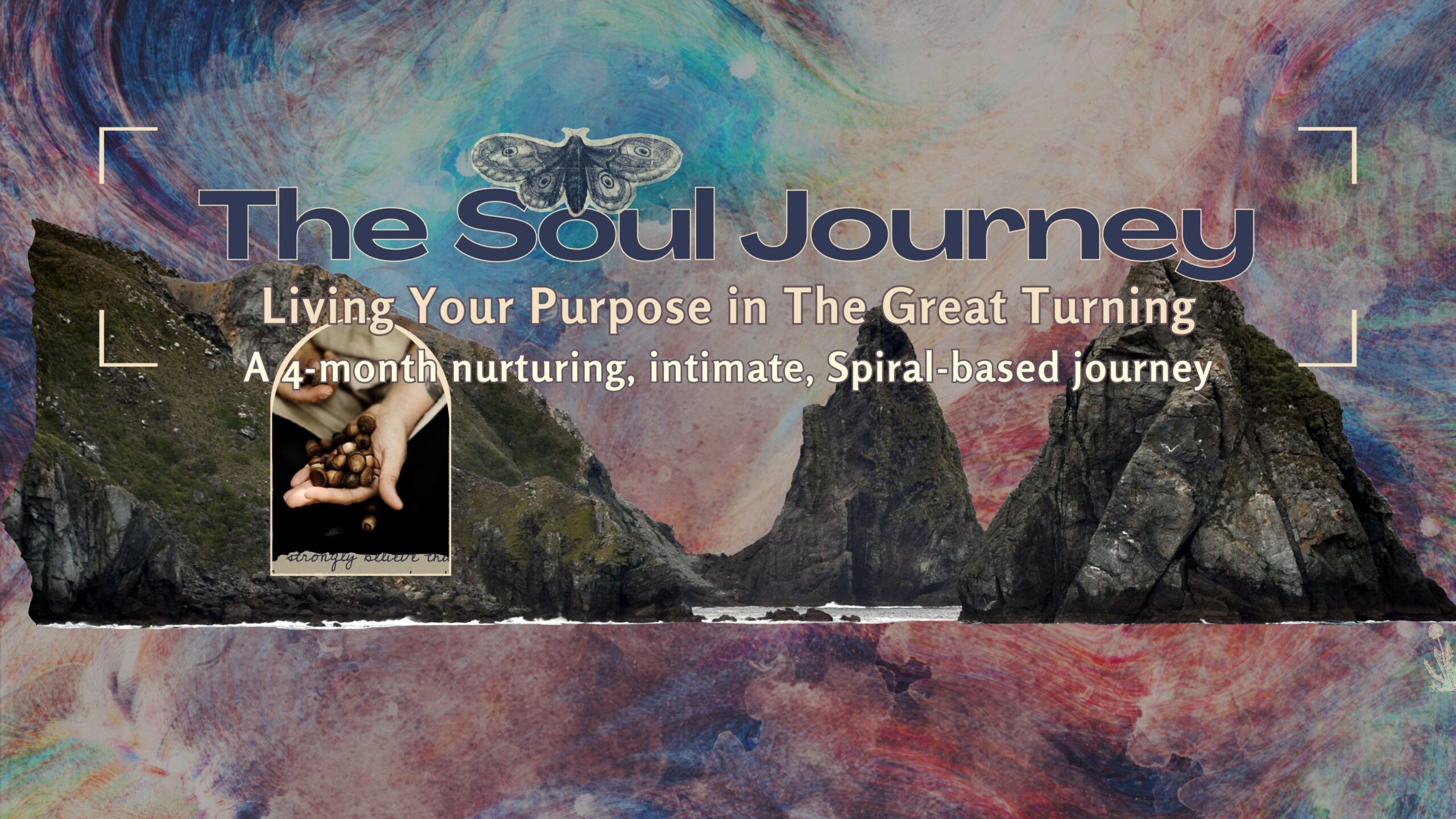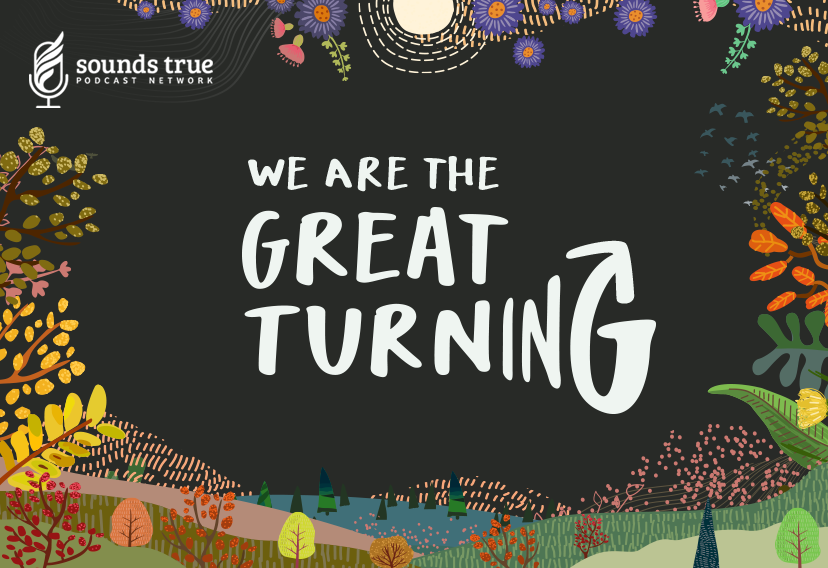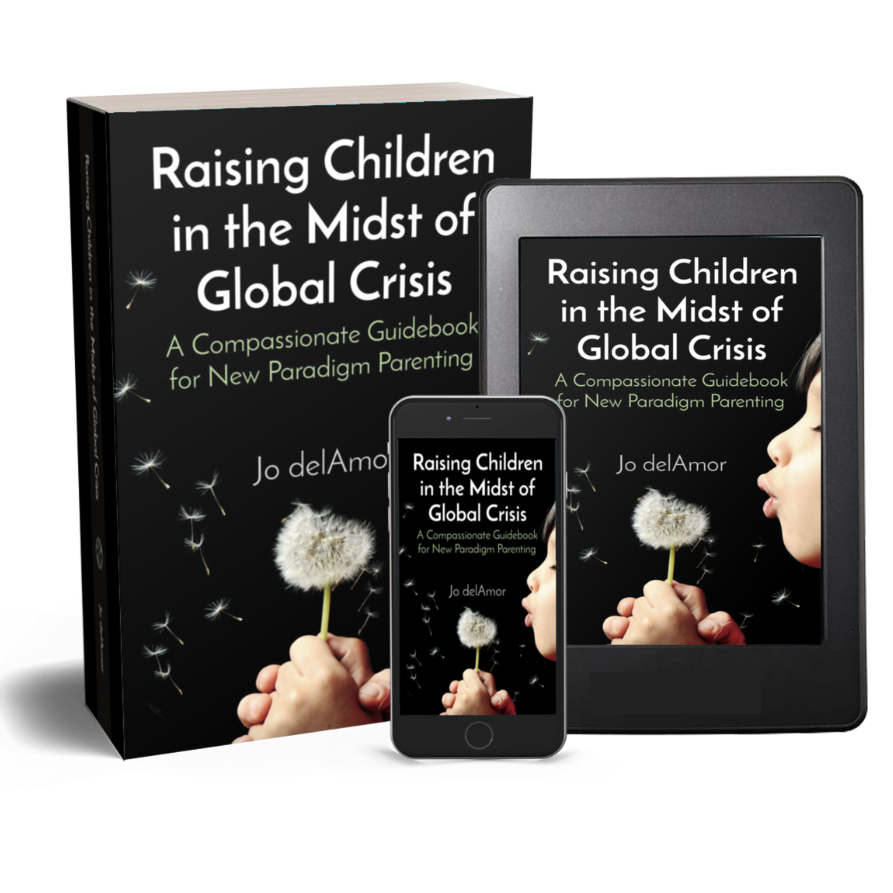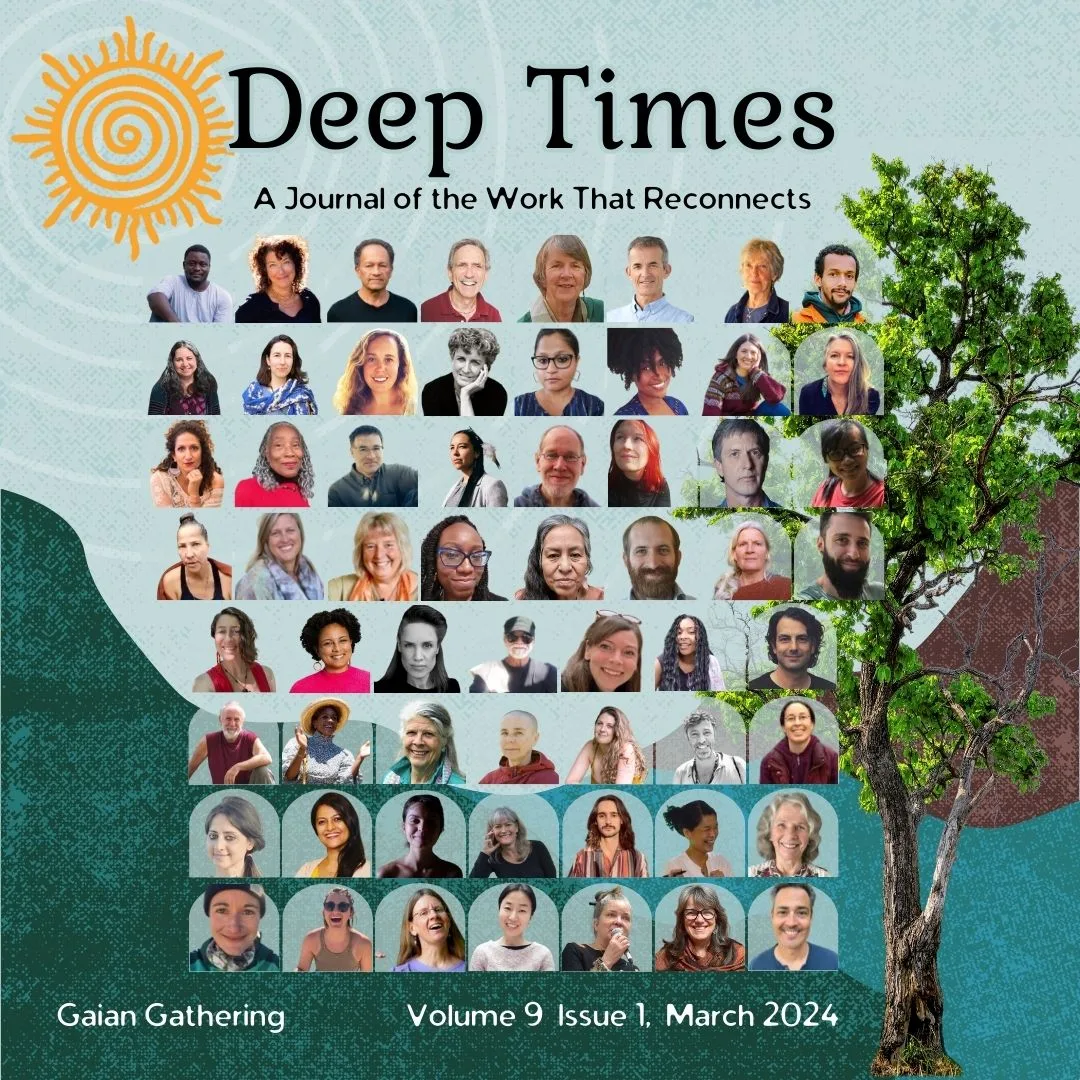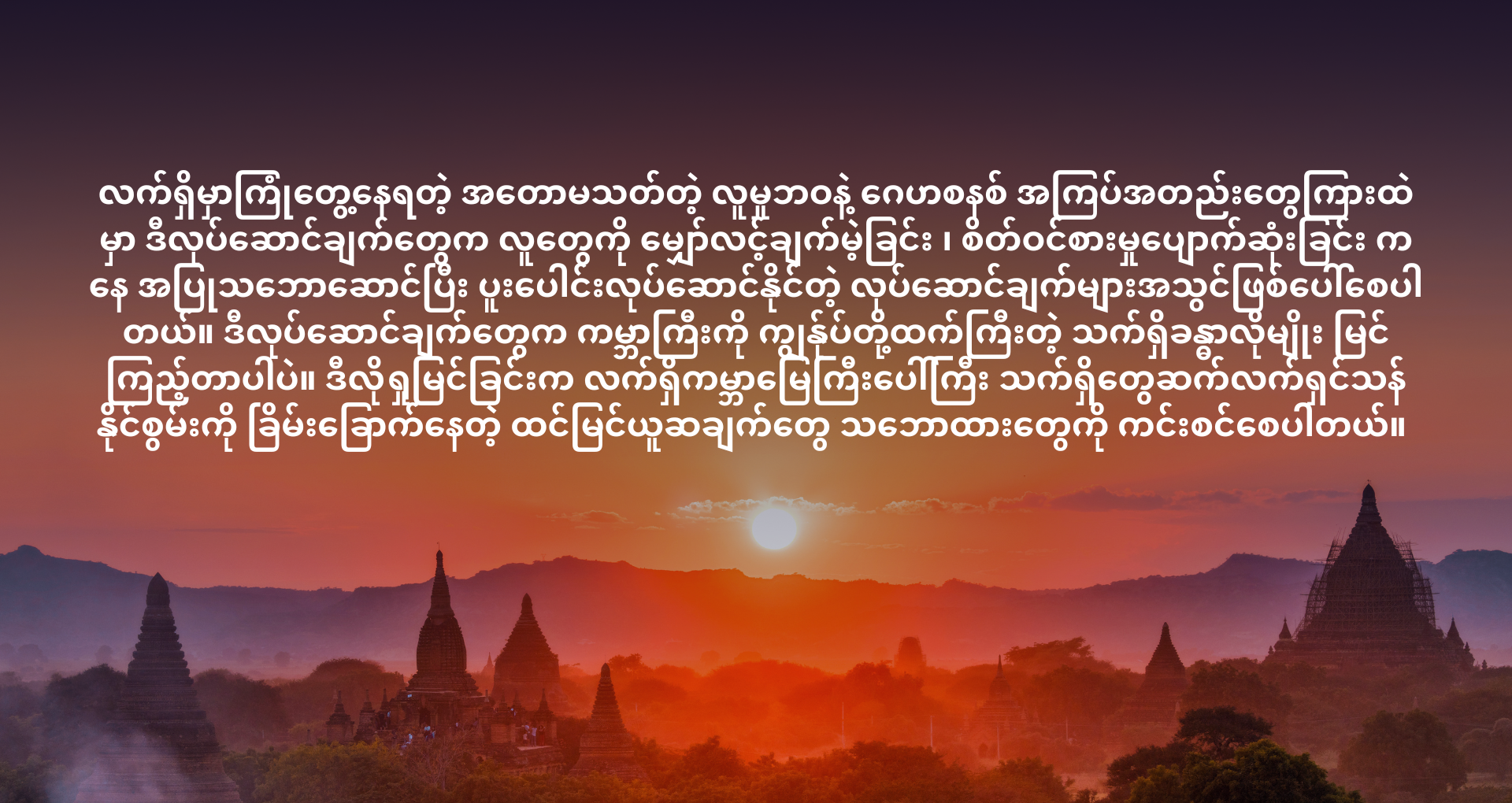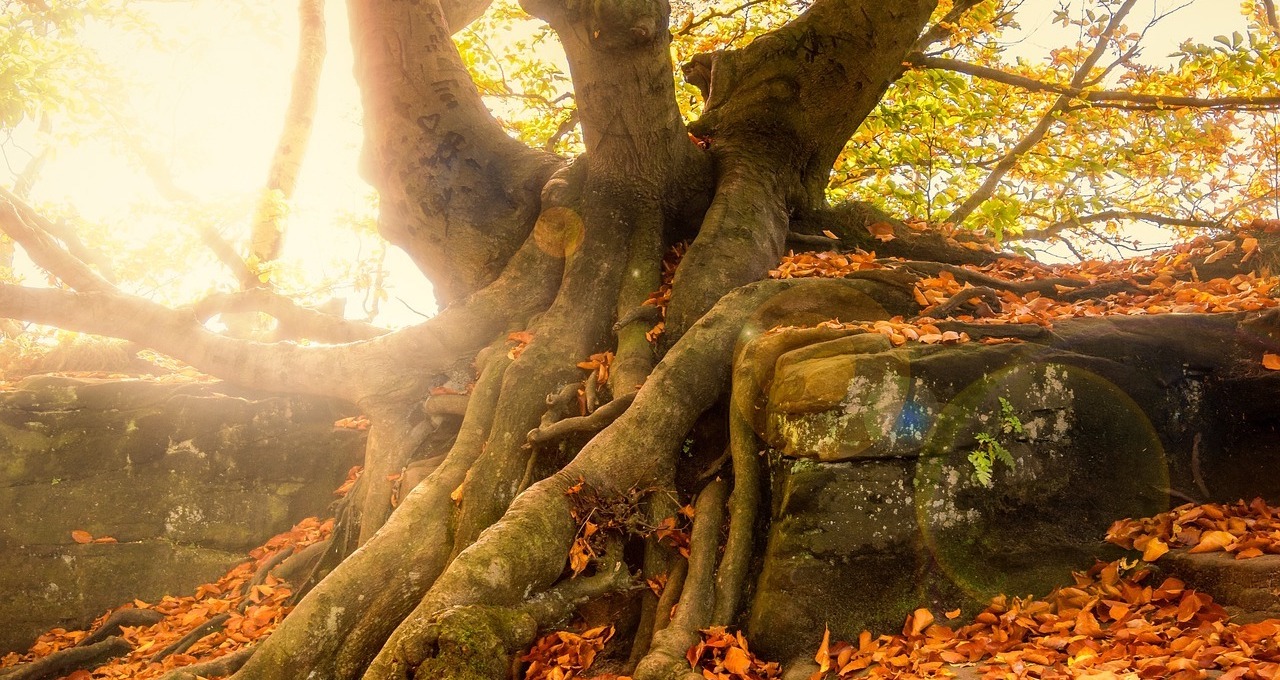“Being fully present to fear, to gratitude, to all that is — this is the practice of mutual belonging. As living members of the living body of Earth, we are grounded in that kind of belonging. Even when faced with cataclysmic changes, nothing can ever separate us from Earth. We are already home.”
– Joanna Macy
Foundational Teachings of the Work That Reconnects
The Work That Reconnects has been and continues to be informed by foundational teachings in several interrelated disciplines. Over time, and through the shared experience of facilitators and participants from around the world, wisdom from the following teachings has been woven together to form the framework and basic principles of the Work That Reconnects (WTR).
- Systems Thinking
- Deep Ecology
- Deep Time
- Ancient and Enduring Spiritual Traditions
- Transforming Our Relationship with Power
- Undoing Oppression
Together, these teachings call us into a process of personal transformation and discovery of collective connection and empowered action in service to all Life. These teachings provide powerful orientation and purpose for our shared work, clearly articulated in the Aims of WTR. As we enter into the Work That Reconnects, we discover that these teachings transform the way we think about the world and our place in it. The Core Assumptions of WTR help us uproot the unconscious assumptions we carry from our conditioning within the Industrial Growth Society and align ourselves with the Great Turning.
Further inspiration and clarity to guide us along our path of service is outlined in the Principles to Foster Collective Connection and Action in Service to Life.
Systems Thinking
The science of “living systems” is, in many ways, a modern expression of ancient wisdom. The study of living systems reveals our connectivity with, and even our “identity” with, everything in the Universe. It affirms our true nature as living beings within a dynamic living system, in which everything is connected with everything else, and everything we do matters. Systems thinking reveals how we can be active agents for change in the web of life, while knowing that the web always holds us.
Joanna Macy’s discovery of Systems Thinking was foundational to the development of the Work That Reconnects. You can see Joanna’s lively demonstration of “The Systems View of Life” in this video, and learn more about life self-organizes in Coming Back to Life (Chapter 3, ‘The Basic Miracle’). In A Wild Love for the World (pp. 145-213), several writers explore Systems Theory, its connection with Buddhist practice, and its application in our work for collective liberation.
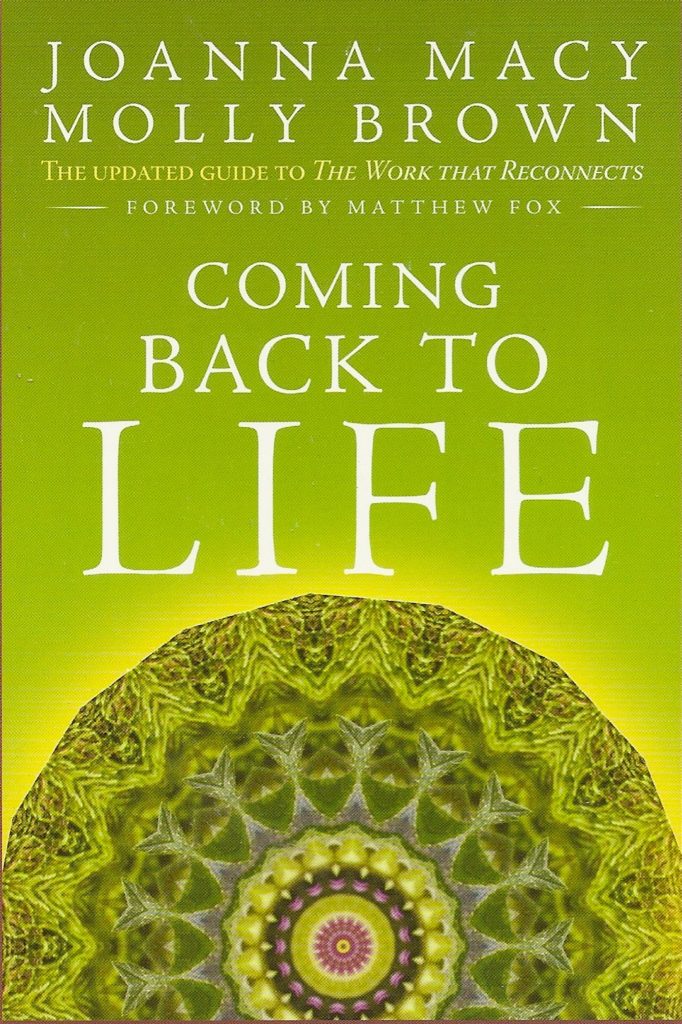

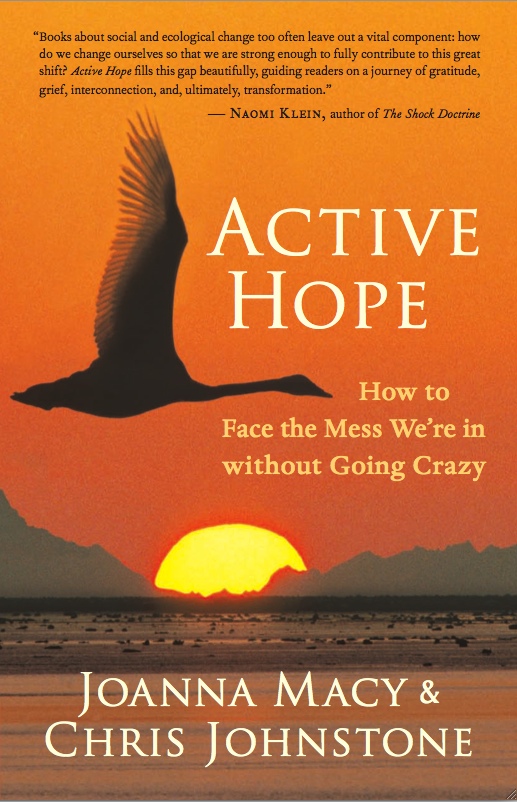
Deep Ecology
Rooted in systems thinking, Deep Ecology celebrates the Earth as a self-organizing living system and recognizes the inherent value of all life forms. It invites us into a holistic framework that moves us beyond a human-centric relationship to the more-than-human world and into a realm of profound inter-connectedness with all of life.
The phrase “deep ecology” was coined by the Norwegian philosopher Arne Naess in 1973. The eight principles of Deep Ecology (crafted by Naess and George Sessions) acknowledge that all life forms and systems have the right to live and flourish, regardless of their benefit to human beings, and that the needs of human beings are no more important than those of other beings. When we see the world in this way, we have a moral responsibility to help implement change to heal and sustain life on Earth.
In the Work That Reconnects, our understanding of Deep Ecology invites us into an awareness of our radical interconnection to all life, inspires us into a deeper relationship with the web of life through rituals and experiences such as the Council of All Beings and the Mirror Walk. These processes inspire and guide us into service on behalf of all beings.
The Eight Principles of the Deep Ecology Platform, written by Arne Naess and George Sessions (1984) provides a simple framework for understanding Deep Ecology. Learn more in Deep Ecology for the 21st Century, edited by George Sessions.
Deep Time
In Deep Time practices, we use the gift of our human imagination to walk alongside our ancestors (human and more-than-human) and we share encounters with the future beings of Earth.
The speed and urgency of modern culture can leave us “marooned in the present”, cut off from the biological rhythms of life. The expanded sense of self that arises in Deep Time practices opens us to the great river of time in which we live. In workshops, we often begin by Invoking the Beings of the Three Times – the past, present and future beings of Earth – that we may join in solidarity with them in service to life.
Deep Time exercises can also open us to the pain and horrors of human history. We may walk in the footsteps of ancestors who were perpetrators, and/or survivors, of systematic destruction of life and atrocities of human injustice. Thus, the Deep Time framework and practice can illuminate and support the ongoing work of Undoing Oppression.
Explore the power of Deep Time framing and practice in A Wild Love for the World (pp 215-291) and Coming Back to Life (ch 9).
Ancient and Enduring Spiritual Traditions
The view of reality offered by systems science and deep ecology has and continues to be reflected in ancient and enduring spiritual traditions of the world’s peoples. The deep knowing of our inter-connectedness, along with the gratitude and reverence this generates, is expressed in spiritual traditions of Indigenous peoples, in Taoism, Hinduism, Buddhism and Goddess traditions, and in the mystical teachings of Judaism, Christianity and Islam.
The genesis of the Work That Reconnects was strongly influenced by Joanna Macy’s fascination with the intersectionality of Buddhism and living systems theory, described in Mutual Causality in Buddhism and General Systems Theory. Many WTR practices are inspired by teachings from various traditions, including the Seventh Generation, the Bodhisattva Check-In, and the Four Abodes. Facilitators are encouraged to draw on teachings and stories from their own spiritual traditions to enhance their workshop offerings.
Learn more in Coming Back to Life (pp 46-50).
Transforming our Relationship with Power
We often think about power in terms of those who have power and those who do not; those who have access to resources, wealth and privilege and those who do not. In this view of power, known as Power Over, someone wins and someone loses. Power is not shared, it is wielded by a few.
The Work That Reconnects invites us into a different and inspired understanding of power: Power With. This power of mutuality is available to all of us, not just the privileged few. We generate it when we come together, energized by a vision of change, powered by both our inner strength and our cooperation with others. We sustain each other through many small steps whose impact may only be obvious over time, when we step back to see a bigger picture.
Power With is based on synergy, in which two or more parties, working together, bring about results that would not have been possible if each had acted alone. Something new and unpredictable emerges from the interaction. The power of synergy and emergence continues to build as we work, communicate, co-dream and survive setbacks together. By working together in this way, we can ignite and sustain far-reaching change.
Explore more about transforming our relationship to power in Active Hope (pp 105-120) and Coming Back to Life (pp 55-60).
Undoing Oppression
The worldwide movements for social justice are fundamental to the Great Turning.
Human oppression is rooted in the “power over” model, in which those “in power” view the living beings of earth, human and more-than-human, as separate, to be controlled and extracted from. The work of Undoing Oppression is the work of uprooting racism, classism, sexism, and oppression related to gender expression, ability and culture. The goal is restoration of the web of mutual belonging. When we engage in Power With each other, we all work together to build a world that works for all.
The Work That Reconnects was developed largely by people embedded in white, colonizer culture. In recent years, patterns of oppression within the Work have come to light, thanks to the efforts and leadership of WTR facilitators of the Global Majority. The collective effort of Undoing Oppression within the WTR community aims to ensure equity, dignity and respect for all within our practices and our community.
